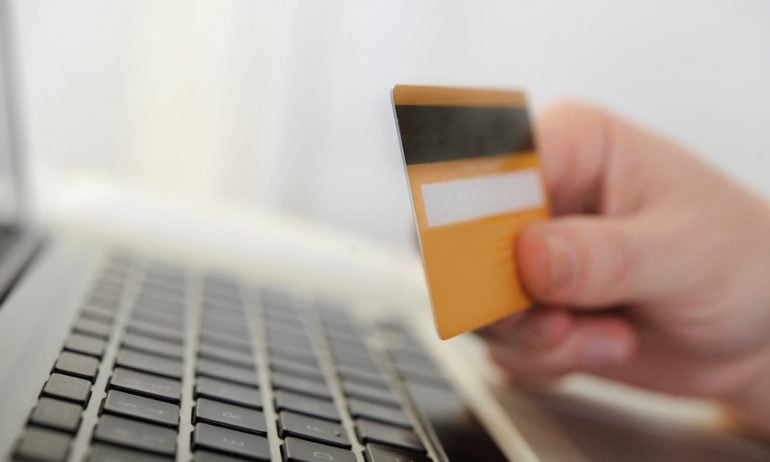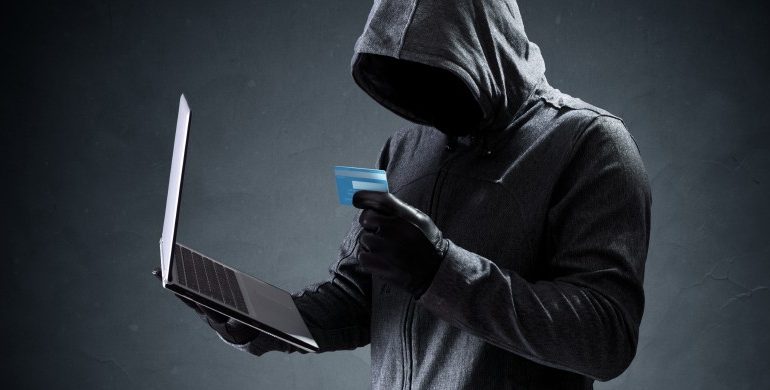What Happens to Stolen Credit Card Numbers?
Feb 11, 2024 By Triston Martin
Fear has been instilled in the minds of millions of consumers as a result of recent news articles regarding breaches of credit card data. Hackers have been breaking into large merchants' computer systems for the last couple of decades and making off with tens of millions of credit card numbers.
You may be aware of the panic in the aftermath of such occurrences as people rush to check their credit card accounts and credit reports for any strange activity. However, many individuals need clarification about what happens to valid stolen credit card numbers once a data breach has occurred.
If the thief gets their hands on your credit card, they would most likely immediately attempt to use it. When hackers take information from 20 million cards, though, the situation is very different.
Buying In Bulk
A credit card number stolen by itself is not worth very much. According to research published by Experian in 2017, a credit card number could earn $5 if it was accompanied by the associated CVV number (the security code printed on the card). According to a report on the technology website GigaOm, a batch of one thousand numbers may be sold for as little as $6.
That seems like a modest number, particularly when taking into consideration the amount of difficulty that is involved in canceling your card and acquiring a new one. But even if you have a credit card number, you will only be able to do something with it if you also know the cardholder's name and address. Even armed with such knowledge, the burglars may only be able to steal a little. According to Experian, a bundle that includes a single individual's credit card number, address, date of birth, and Social Security number might sell for up to thirty dollars.
Therefore, information merchants engage in mass purchasing and selling to make their efforts worthwhile. They then travel to the illegal market after collecting hundreds of thousands or millions of numbers. Users can purchase and sell the data on some websites using untraceable virtual currency such as Bitcoin. At these exchanges, those skilled in the act of stealing numbers send over their haul to those who know what to do with the information they have obtained.
Spending Like There Are No More Days
Before someone ever attempts to use it, a credit card number might have been bought, sold, and resold numerous times. When the ultimate buyer gets their hands on the information, they will use it to attempt to make purchases without drawing attention from you or your bank. Once they get the information, they will utilize it. However, it is more probable that crooks would use the new number to make transactions online. Sometimes, criminals may print out plastic cards with new numbers and use them in real locations. It's a race against the clock to put as much money on the card as possible before the bank closes the account.

Chips that accept EMV are different from the solution to the issue. EMV technology is wonderful for avoiding fraud by using a real credit card, but it does not prevent internet transactions, which are a primary source of revenue for hackers. Because it simplifies the card's online use, possessing the card's CVV number is essential.
What Factors Into The Determination Of The Point Value Of A Card Number?
The value of a credit card number that has been stolen is contingent on a variety of factors. It is far more valuable if the number is sold with other identifying information that makes it easier to steal someone's identity, such as the victim's name, address, mother's maiden name, or Social Security number.
Credit card numbers with high spending limits and premium features, as well as European numbers and numbers that were stolen more recently, are more valuable. And if the thief can disclose purchase information that would assist in evading discovery, then the thief might charge a premium for their services. For instance, if you go to Las Vegas often or shop at Macy's regularly, your card information might be utilized at either of those places to evade the alarms triggered by fraud-detection systems. Other examples include.
What Steps Can I Take To Safeguard Myself?

You shouldn't put all your faith in your bank to keep you safe from identity theft. Find out what you can do to stop identity theft from happening or to lessen the impact it has on your life if it already has. Always be on the lookout for accounts you don't recognize and strange activity on your credit card bills and in your credit report. Consider placing a freeze on your credit report to avoid having any new accounts created in your name. Be aware of your legal rights and the extent of your potential culpability in the event of fraud.







